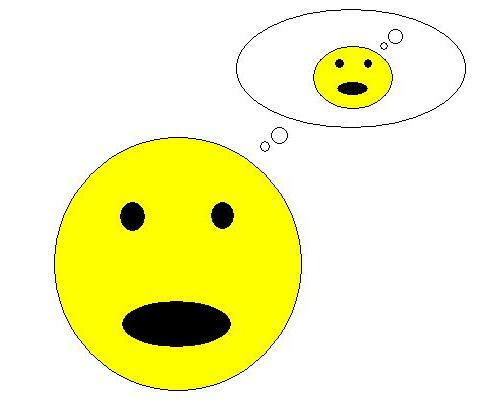METAMEMORY IN CHILDREN

Metamemory refers to one's knowledge and control of their memory. Metamemory enables you to plan and strategize efficiently, while reflecting and keeping track of your memory. However, these abilities come with maturation. Therefore, children's metamemory skills are not fully developed like adults. There has not been much research done on metacognition in children, but the research that has been done focuses on the topic referred to as Theory of Mind. Theory of Mind relates to one's belief of how their mind works and the beliefs of others. Research has shown that a normally developing child's theory of mind does not develop until the age of four or five, but their theory of mind still does not measure up to that of adolescents and adults. Meaning that children do not completely understand how the mind works, that other people have different beliefs, that effort is necessary in order to memorize (which is noticeable when a child says they have "studied" when in actuality, they really didn't study), and their memory performance is relatively low in comparison to that of adults. This is also true of children that are diagnosed with autism. It is said to be that for autistic children, their theory of mind does not exist. It is not that their theory of mind does not exist, they just have a longer delay in its development. In order to show the time line of the development of the theory of mind in children the "False-Belief Task" and "Sally-Anne Test" are used for normally developing children and children with autism, respectively, even though there are some people that believe the "False-Belief Task" should be abandoned as a way to test theory of mind.


LINKS:
1. Metamemory: This link gives a general definition of metamemory and the aspects that are involved in metamemory.
2. Children's Memory: This article explains what memory and metamemory are used for, and how they develop in children with age.
3. Metamemory in Autistic Children: This is a research paper done explaining metamemory in children and adolescents diagnosed with autism.
4. Theory of Mind: The website explains what theory of mind is and how the False Belief Task is used to test the theory of mind.
5. Theory of Mind and Development: This article gives reason to why and how theory of mind in children will result in adolescent metacognition development.
6. Children's Theory of Mind: This article explains how a child's metamemory works and explains when and why their "mental life will change radically at age 4".
7. Sally Anne Test: This article explains what the Sally-Anne Test is and how it is presented to children and the average results of the test.
8. False Belief Task: This is a video of children of different ages performing the False Belief Task.
9. "Sally Anne Test" Test: This is a video of an autistic child performing the Sally Anne Test.
10. Abandon the False Belief Task?: This paper explains why psychologists and others should abandon this task, and it gives an alternative option to test Theory of Mind.
This page was developed by Bianca Barton.
Comments (0)
You don't have permission to comment on this page.